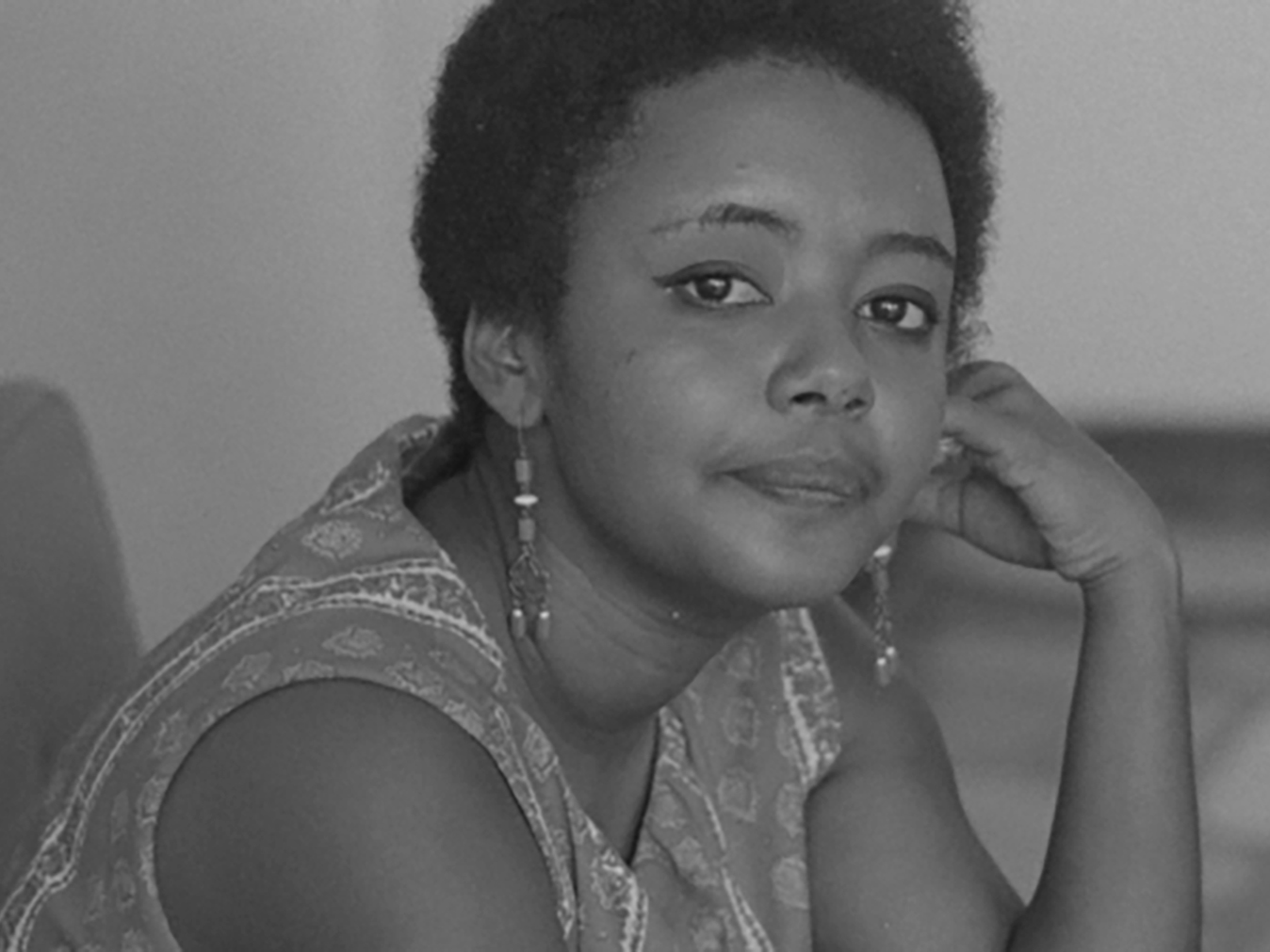
- Film
Sara Gómez: The filmmaker who made the invisible visible in post-revolution Cuba
Women have always been part of the history of cinema, but only in the last few decades has their presence behind the camera gained relevance, allowing audiences to see a construction or de-construction of what it is to be a woman and a man in society.
In Latin America, a small group of pioneering women filmmakers managed to express their talent in a space heretofore reserved exclusively for men. In the process, these women experienced instances of discrimination in the access to directing or in the very dissemination of their stories.
In the 1960s, some of them were able to use their voice and vision to reach society, such as Cuban director Sara Gómez Yera (Guanabacoa, 1942-Havana 1974). She was a screenwriter, filmmaker, musician and journalist, sociologist of the imagination, Afro-descendant, woman and mother. She was many things and so was her cinema, with which she wanted to give visibility to those who never had it before. Her films dealt with Black culture, folklore, music, women, education, the marginalized and slavery. The latter became themes of almost obsessive recurrence.
She actively participated in Cuba’s transition to a socialist society and at the same time questioned the legacy of patriarchal values that undermined the equal participation of revolutionary women.
Her cinema was deliberately inquisitive, as she showed in her documentary work of the late 1960s and early 1970s. In titles such as La Otra Isla (1968) she talked about racism. In Una Isla Para Miguel (1968) she focused on the population of the slums, to study their insertion into the social process. While in Sobre Horas Extras y Trabajo Voluntario (1973) she approached the changes in society after the triumph of the Revolution in 1959 and the problems in the construction of socialism.
In black and white the filmmaker dealt with racial discrimination, exclusion and its consequences for families, sexism and the social programs aimed at improving the lives and dignity of the Cuban people.
She was a woman, and she was Black, but these attributes were not an obstacle to her entering the world of cinema. On the contrary, Sara Gómez was the first women director of the Cuban Institute of Cinematographic Art and Industry (ICAIC) and the first to direct a feature film, the fictional documentary, De cierta manera (1974).
In the film, Yolanda, a schoolteacher, is sent to work in Miraflores, a marginalized neighborhood in Havana, where new houses have been built to eradicate delinquency and social segregation of a certain sector of the population. There she faces problems with some students, social struggles, and the differences and conflicts generated by her romantic relationship with a mulatto worker, showing the clash between the old mentality and the new attitudes.
Even then Gómez spoke of such current issues as intergender, and the intertextuality. Unfortunately, De cierta manera was her first and last feature film. Sara died, shortly before the end of the shooting, at the age of 31, as a result of a respiratory failure caused by one of her frequent asthma attacks. The film was completed by Tomás Gutiérrez Alea and Julio García Espinosa.
Her premature death deprived Cuban cinema of a great filmmaker who, despite her short life, already left an indelible mark with her work. With her passionate and committed cinema, she managed to transcend as an artist and with her charisma she did it as a person.

